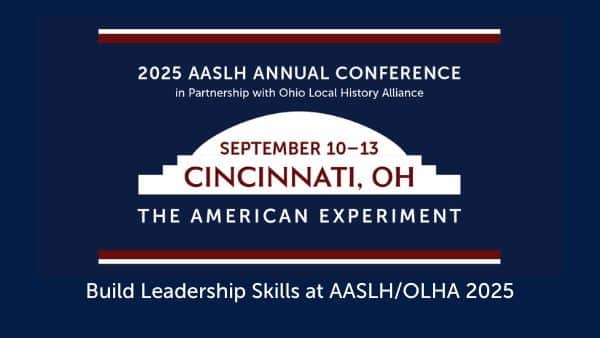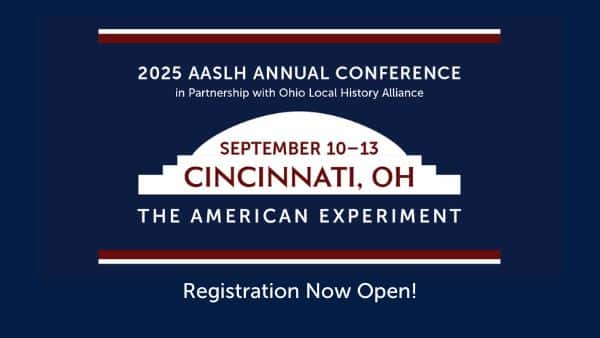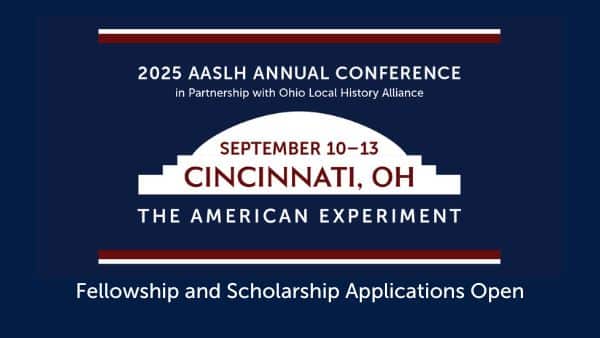 Completing scholarship and grant applications can be stressful, but don’t let the process discourage you. Your reviewer isn’t some hooded figure sitting in the shadows, cackling maniacally, and passing eternal judgment.
Completing scholarship and grant applications can be stressful, but don’t let the process discourage you. Your reviewer isn’t some hooded figure sitting in the shadows, cackling maniacally, and passing eternal judgment.
These suggestions focus on the technical aspects of any application. (If you’re applying for a grant, your project’s overall quality or significance is an entirely different matter.) While these tips won’t guarantee success, they’re practical enough to make life easier for both you and your reviewer.
Please don’t take offense if some of the suggestions appear too elementary or obvious. These errors occurred in many applications reviewed over the years.
General Considerations
- Follow directions. Please stay within the word limit
- Answer the question. (If you’re asked how you plan to use your grant money or how you’ll benefit from the scholarship, please don’t tell the reader why you need it.)
- Use your own words. (Unless the application requests it, don’t quote or supply copies of press releases or travel brochures.)
- Readers shouldn’t drown in a whirlpool of wordiness. Strike a balance between the informal and the academic. Avoid jargon. Keep passive voice to a minimum.
- Do your homework. Mentioning historical falsehoods (e.g., slave quilts) jeopardizes your credibility.
Double-checks
- If the application asks for your organization’s website or local media outlet, provide it.
- Please make sure you spell your organization’s name correctly throughout the application.
- Typos happen. Run yore ansers seperately thru a word prosessing program to check fer speling and grammer. Many applicants also either confuse “ancestors” with “descendants,” or they call a “descendant” a “decedent.” (There are considerable – and shocking! – differences.)
- There’s safety in numbers. Have several people review your application before you submit it.
- Excitement is ok, but don’t get effusive or rhapsodic. Passion isn’t a substitute for substance. Go easy on the exclamation points (especially when stating the obvious, as in “Being a non-profit is problematic!!!!”).
- Please avoid opinions. (Don’t say, “This house needs to be preserved!!” Let the project’s value speak for itself.)
- Don’t let the competition intimidate or discourage you. The size of any institution or its collections is irrelevant to the reviewer.
- Spread out responsibility. Avoid “one-man shows.” (What if “Number One” moves? Or quits? Or dies? Your chances generally improve when several people invest their time and energy in a project.)
Budgets
- Make sure your budget numbers add up and make sense. The more details you provide, the better your prospects.
- Watch how you plan to spend the money. Consulting fees are acceptable, as long as they don’t gobble up 60% or more of the proposed budget.
- Please don’t inflate the costs of goods and services.
- If you receive in-kind goods and services, show their value, as well as the value of actual bids and estimates.
Keep your eyes on the prize. Scholarships and grants are indispensable in this field. As annoying – nay, grueling – as this entire process may seem, the rewards are immeasurable.
Bruce Teeple is a freelance writer, editor, local historian, speaker, gardener, wine maker, chicken farmer, and columnist for the Centre Daily Times in State College. Pennsylvania. A graduate of Penn State in history and political science, he served for nineteen years as curator of the Aaronsburg Historical Museum before joining AASLH’s Small Museums Committee. He is currently researching and writing As Good as a Handshake: the Farringtons and the Political Culture of Moonshine in Central Pennsylvania. His latest work is “Slavery In Post-Abolition Pennsylvania….And How They Got Away With It.”



